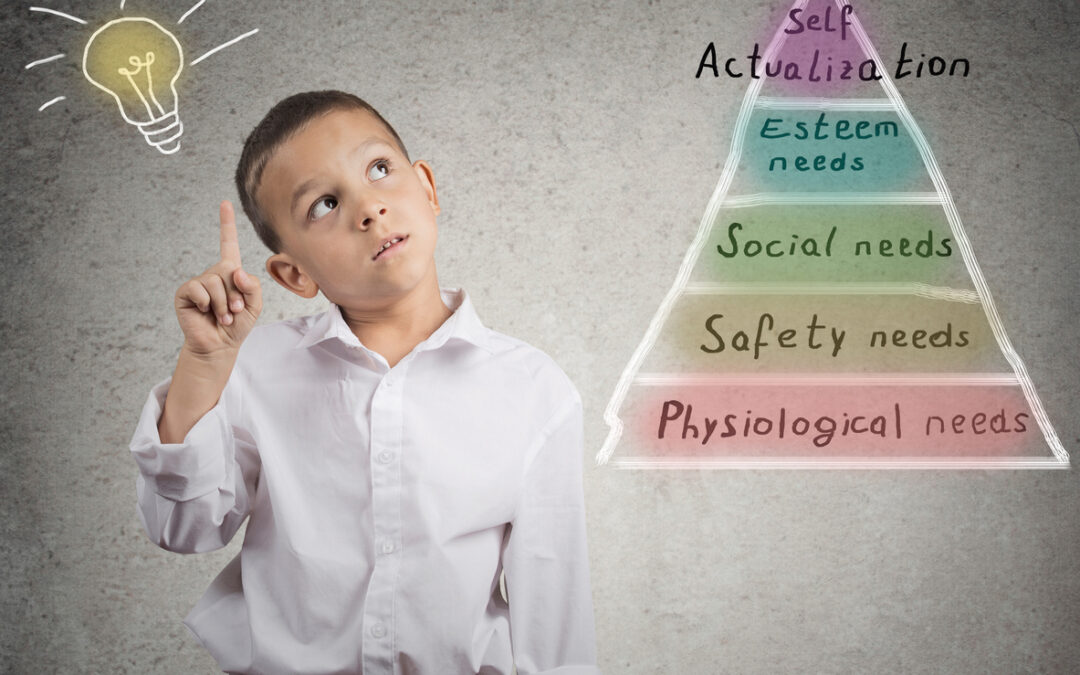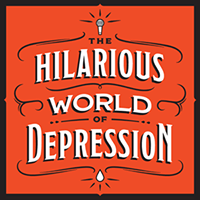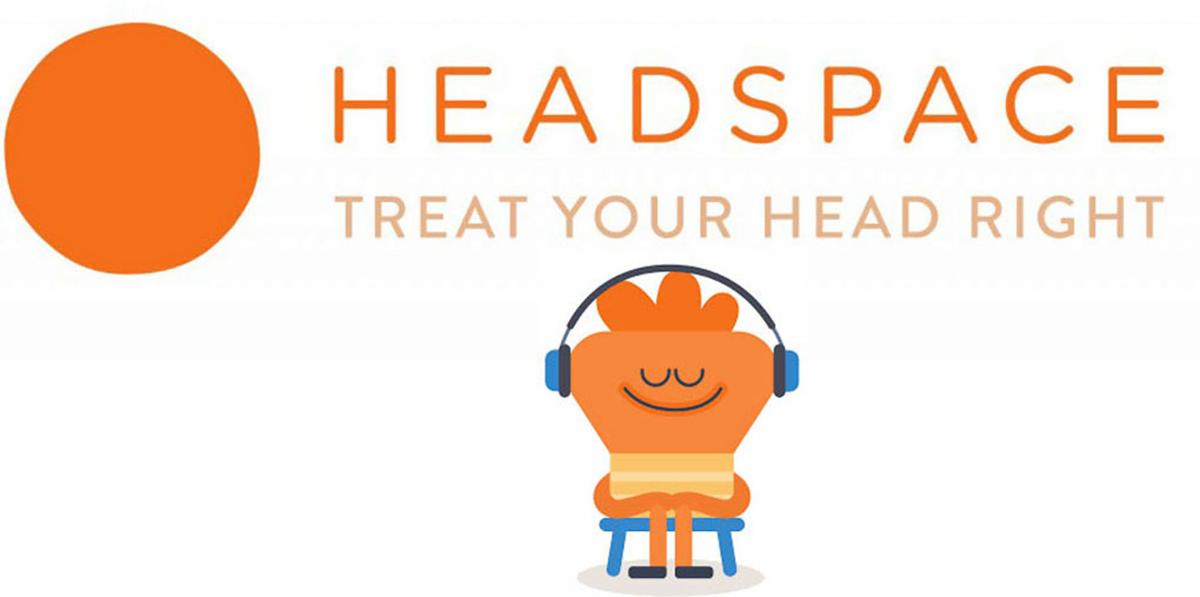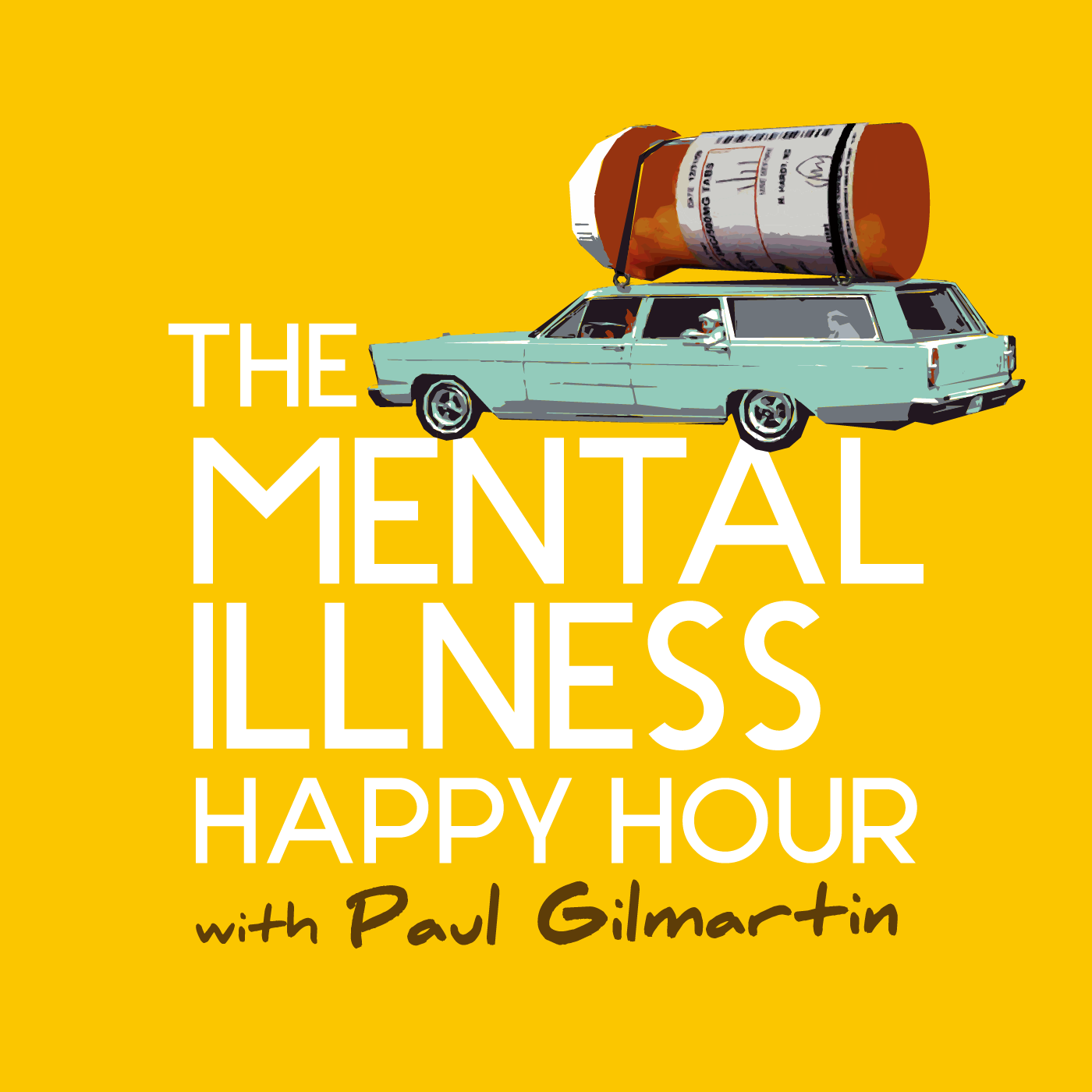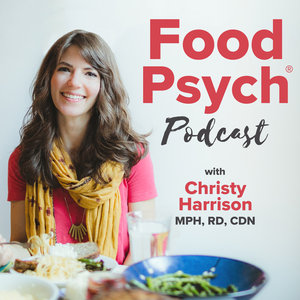In today's fast-paced world, the pressure to excel professionally often comes at the cost of our mental and physical well-being. Anxiety, a common companion in this journey, can lead to burnout if left unchecked. Burnout is not merely feeling tired or stressed; it's a...

7 Skills to Try When You Feel “Overwhelmed”
Have you ever felt completely overcome by an intense emotions? Have feelings at times felt challenging to manage and overcome? The experience of being “overwhelmed” is uncomfortable and impactful in your life at work, home, or school.
Defining “Overwhelm”
Emotional overwhelm entails more than being stressed. You can feel submerged life’s current problems, to the point where you lack efficacy and feel frozen or paralyzed.
Compare the feeling of being overwhelmed to being submerged in a rough wave. It’s a scary experience! You may not know which way is up or what way to swim. You may feel stunned and unable to react. You may be unable to think or act rationally or functionally.
Whether brought on by events in the world (ahem, global pandemic) or events in your work or family life, emotional overwhelm can occur for a short burst of time or over a much longer period.
Sometimes, like many are experiencing in 2020, a series of hardships and challenges occurring in rapid succession can trigger someone to feel overwhelmed. Common experiences that may have lead to emotional overwhelm this year include:
- Suddenly homeschooling your children
- Experiences of racism or discrimination
- Worry about systemic or political matters
- Quarantining and isolating from friends
- Cancellation of social hobbies and sports
- Physical illnessor worry about COVID-19
- Traumatic events
- Relationship crises
- Increased workload
- Serving as a front-line worker
- Newly working from home
- Getting laid off or furloughed
- Financial distress and insecurity
- Deadlines and time constraints
- Death of a loved one
- Wildfires or other natural disaster
- (And can we also add Murder Hornets?)
Managing Emotional Overwhelm
Here are some strategies that can help mitigate feelings of overwhelm:
Embrace Anxiety
Fighting against high anxiety doesn’t help. In fact, it can add on a “secondary anxiety” that makes you feel anxious about your anxiety. Instead, try to remember that anxiety is an expected response to being out of your comfort zone. It is a “normal” human emotion. The feeling is uncomfortable but not dangerous.
Acceptance means allowing for uncertainty and discomfort, mindfully acknowledging it, and keeping on with what you can do instead of dwelling on what you can’t. Sometimes “acceptance” means non-judgmentally sitting with the feeling in your body, assuring it that it’s “welcome,” and allowing yourself to experience it with curiosity.
If you’d like to learn more about this skill, check out “The Happiness Trap: How to Stop Struggling and start Living” by Russ Harris.
Challenge Negative Thoughts
Distorted, negative thoughts build up as anxiety grows and can amplify your feelings of overwhelm. In his book “Feeling Good,” Dr. David Burns lists 10 common cognitive distortions that often fuel feelings of distress. By noticing negative thought patterns, stopping them in their tracks, and re-writing them with more balanced, neutral, and accurate thoughts, you should notice a reduction in distress.
Practice Mindful Grounding–
If your feelings of overwhelm are future-oriented “what if” thoughts, try out 5-senses grounding skills to bring you back into the present. The Calm meditation app is a great resource for guided meditation and practicing being present.
Prioritize and Let Go of the Rest
Ruthlessly cut out extraneous and optional activities that don’t fully align with your top priorities and core needs. There aren’t as many “shoulds” and “have-to’s” in this life as sometimes our culture makes it seem. What are the true “essentials” in your life? Is there anything you can let go of for now?
Center on Core Values
If you are feeling powerless over world events and broken systems, center on your core values. Give your values a specific name (ex. Acceptance; Equality; Freedom). Imagine that your value is speaking to you right now. What does it whisper? Feel it encourage, uplift, and ground you. Imagine yourself feeling rooted in them.
Get Organized
Write down your to-do list and track activities on you schedule. When life becomes too busy, holding these things in your head is too much. Your thoughts can spin with all of your to-do’s so you don’t forget. Let a piece of paper (or your smart phone) hold on to the to-do’s for you. If you struggle with staying organized, you might try out Microsoft To Do, an app for organizing lists and tasks.
Start Therapy
There are times in everyone’s life when it’s time to ask for help. A therapist is able to help you identify triggers for your feelings of overwhelm and craft a coping plan specifically for you. Help is available! You don’t have to do this by yourself.

Maintaining Sanity in a Work-Obsessed World

What is your “Why”? Core Values Exercises for Anxiety Resiliency
Anxiety often prompts us to steer clear of situations that trigger fear, causing many to shrink their lives to avoid such triggers. However, understanding and embracing our core values can provide a light through the darkness of anxiety and help us reconnect with a...

Mindfulness Mastery: Your Ultimate Weapon Against Depression
Depression can feel like a heavy cloud hanging over your life, making it difficult to find joy or motivation. While therapy and medication are valuable tools in treating depression, incorporating mindfulness skills into your daily routine can offer additional support...

Journaling and Mental Health
If you have ever had a conversation with your therapist about coping skill development, you have probably received a recommendation to begin a journaling practice. Understandably, sometimes journaling is met with skepticism - What does writing about my emotions solve,...

Contamination Fears In a Contaminated World: What’s Appropriate And What’s Compulsive?
Covid, Measles outbreaks, Mokeypox- it can feel overwhelming to manage the constant barrage of new threats. For most people, a significant behavioral change is needed to ensure safety, but for people with OCD or health anxiety, where do you draw the line? What are...

